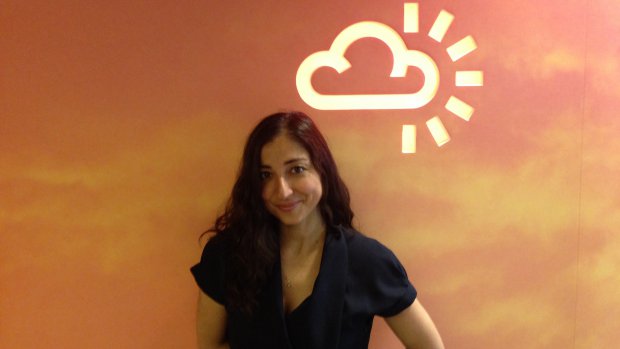
As part of our #afemalecomposerday campaign marking International Women's Day, we highlight the life and work of composer Zeynep Bulut.
Zeynep Bulut “To be a woman composer today means to be an initiator, explorer and game changer.”
Working in the fields of experimental music, voice, and sound studies, Zeynep Bulut is an academic researcher, lecturer and creative practitioner; her scholarly work theorizes the emergence, embodiment and mediation of voice as skin. In line with her academic research, her present creative work focuses on song-writing, immersive performance and installation art.
To find out more about Zeynep Bulut’s work, take a look at her profile on the British Music Collection here.
For the International Women’s Day Campaign, we spoke to Zeynep about her influences, experiences, and how she identifies with the title ‘composer’. Here is what she had to say:
What was your route into composing?
The route into composing for me has been singing and song writing, and literally, engaging with all sounds from an early age. Apart from voice, my first musical instrument was cutlery.
Where do you get your inspiration from?
Sources of inspiration vary, but I am most inspired by walking, random epiphanies in everyday life, and engagements with multi-sensory situations. Colour and texture of a fabric, movements of people or trees, the soundscape of a library, speech melodies, or the sound of my dish washer may be a source of inspiration to a similar degree.
Do you think the word composer adequately reflects you an artist? If not, what word does?
I never considered myself a composer in conventional terms. And I believe, the word, composer, does not necessarily reflect my artistic practice. Given my interdisciplinary background and work, I rather consider myself a creative practitioner.
Tell us a bit about your experiences as a female composer; have you faced any challenges?
As a female composer, I have not faced any challenges that my fellow female composers have experienced, in part because I have communicated my artistic work as an artist or as a performer, and in part because my compositional practice has been portrayed more in collegial occasions as related to my scholarly work. However, I have noted the challenges - such as the level of engagement or artistic exposure and the unequal grounds or terms for commission and collaboration - that female composers have experienced.
It is not difficult to observe the male dominance both in contemporary classical and in contemporary popular music, as well as in music industry. We need to have a critical account of the canons and economies that generate such dominance, but we also need to acknowledge and further support the growing number of female composers and performers.
I have students who research about female composers and performers within different musical contexts, as related to social change. Such studies are definately vital and exciting. They encourage being informed and inspired about varied histories of female composers and undoing the categorical understanding of what it means to be a female composer or performer.
In your opinion, what does it mean to be a woman composer today?
As an initial response, I wish to say, to be a woman composer today means to be an initiator, explorer and game changer. However, I am still thinking of the answer to this question and I hope that we all continue reflecting on it.